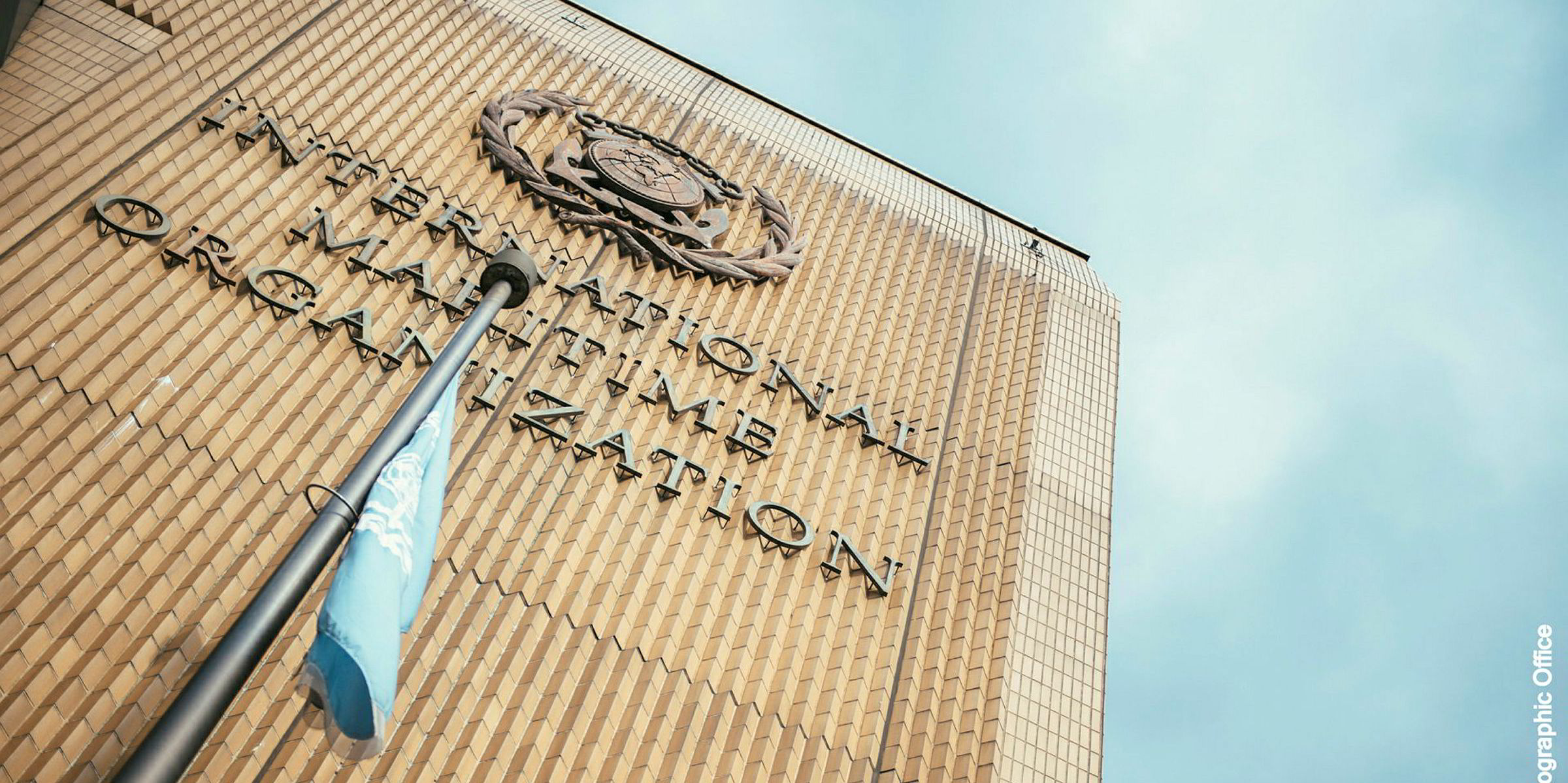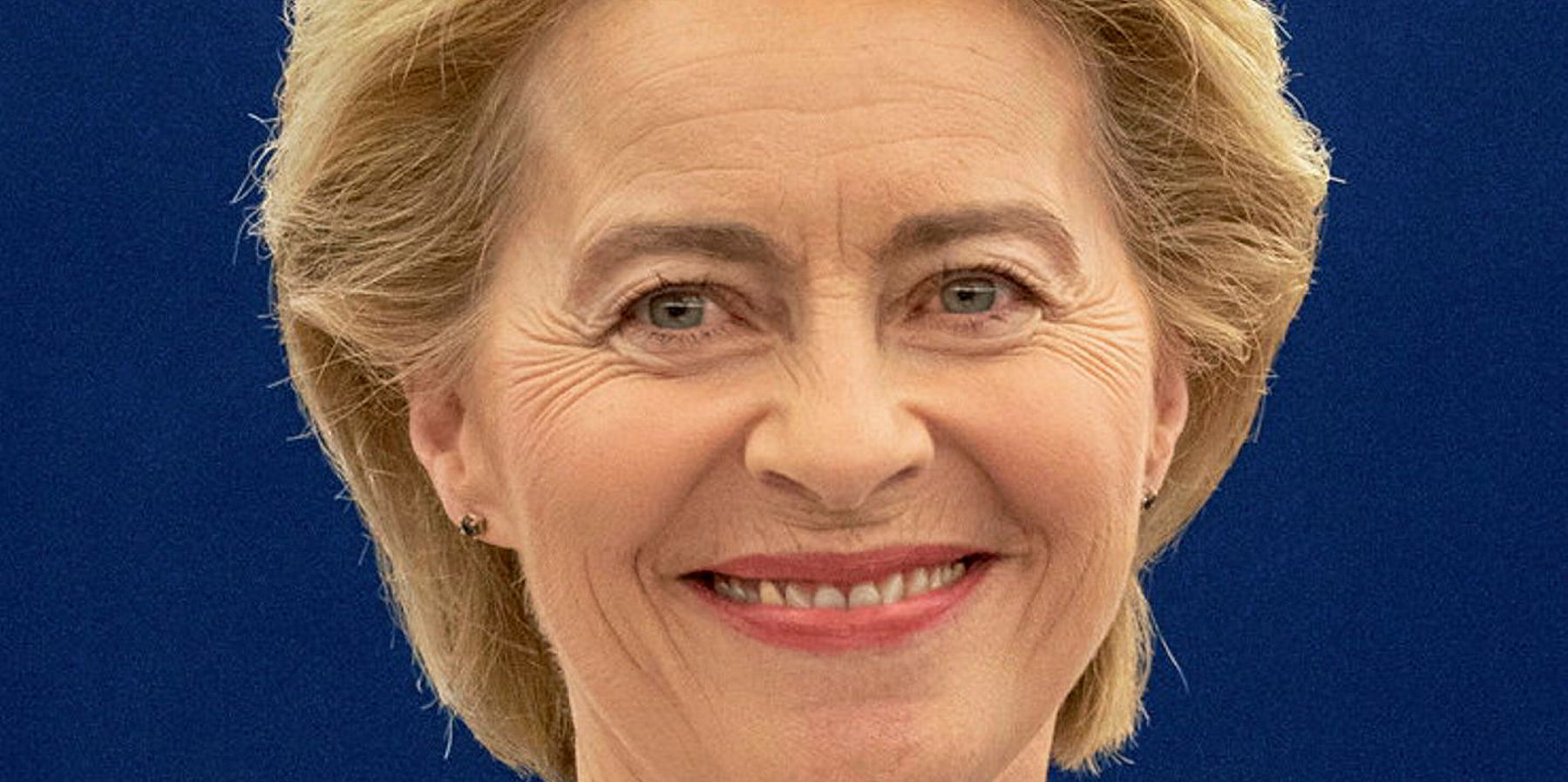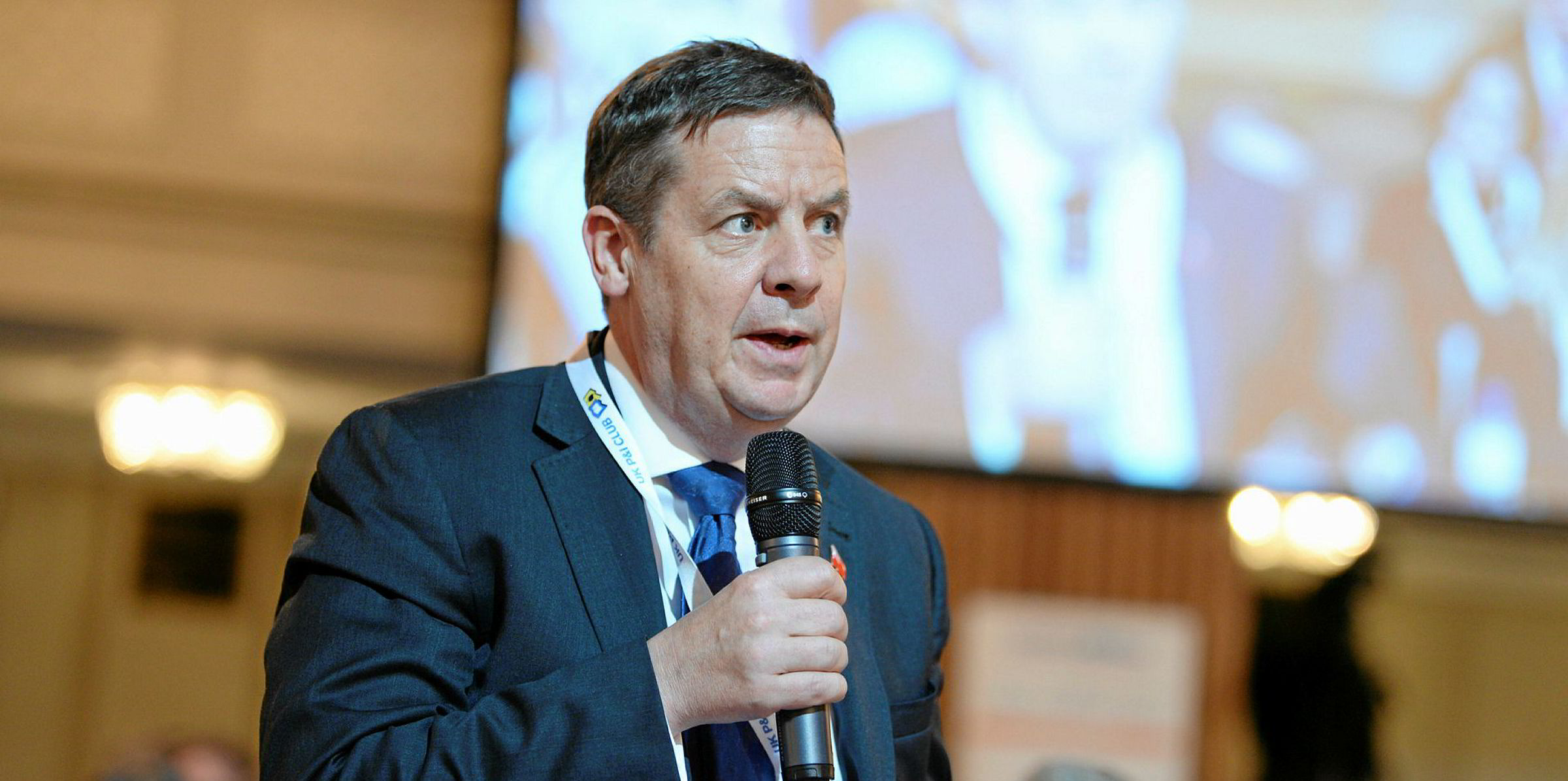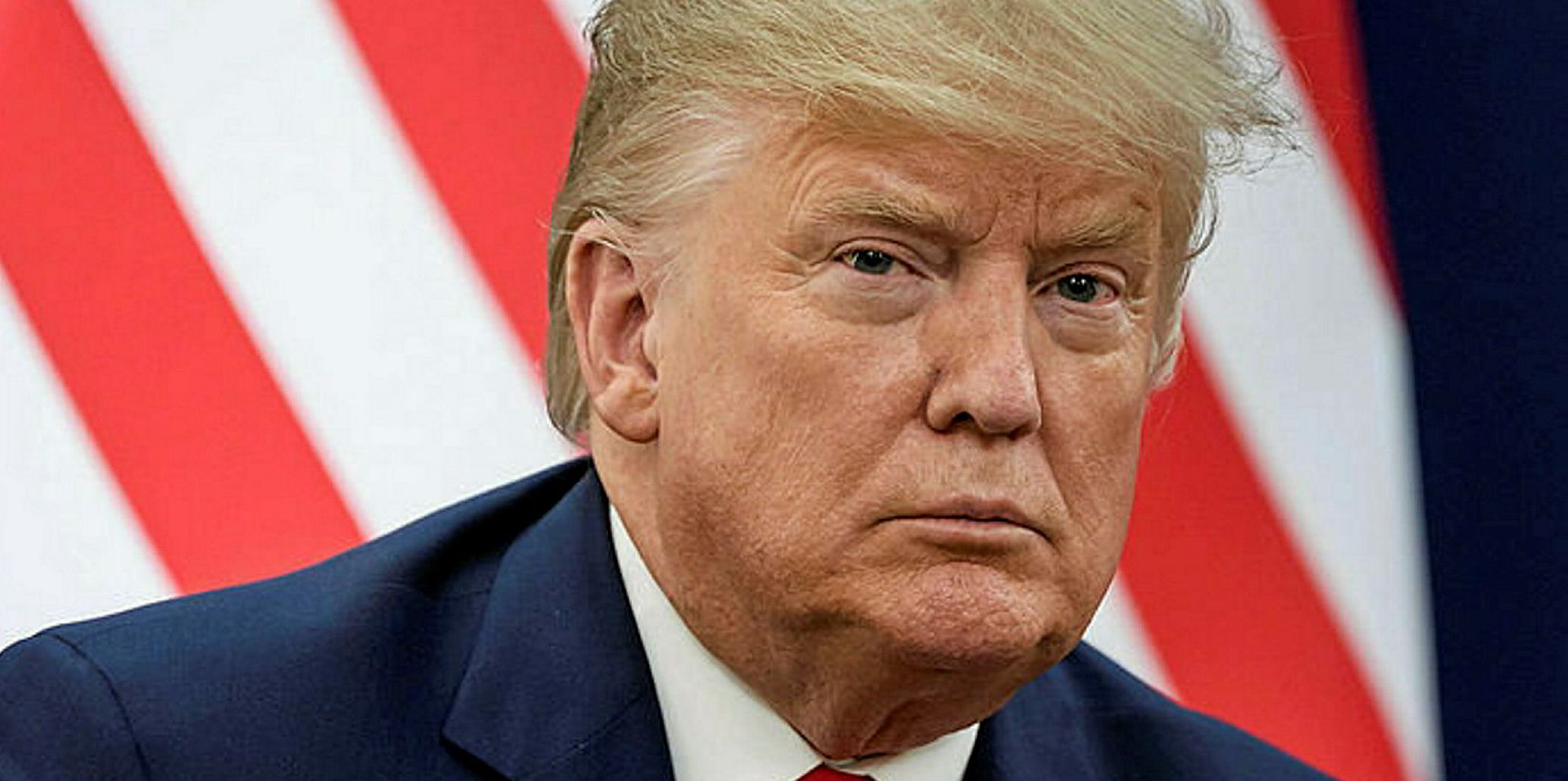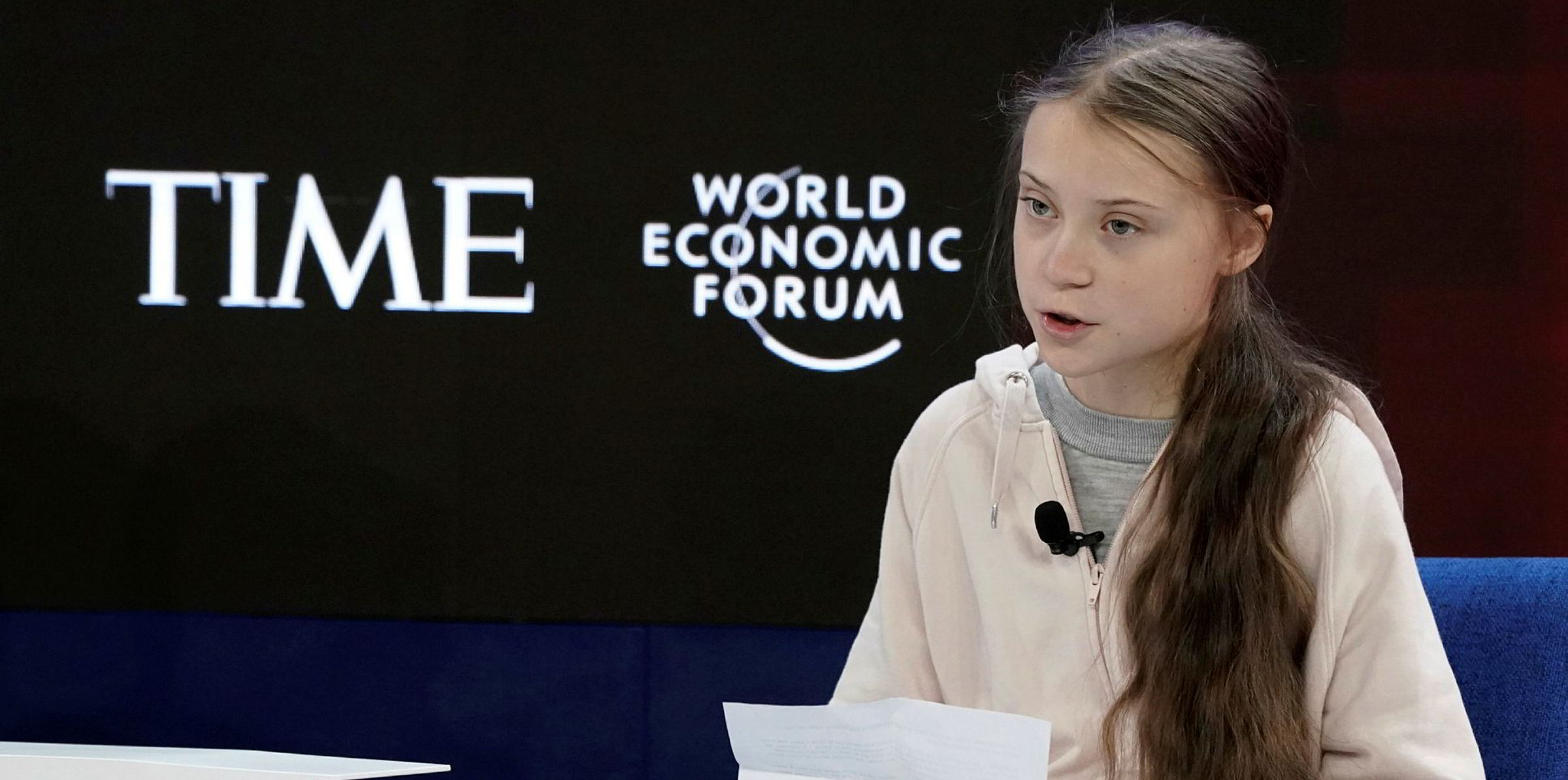Accelerated plans to fold shipping into the European Union’s existing emissions trading scheme are set to be revealed before the Brussels summer recess.
European Commission officials want emissions trading to kick off as soon as possible, irrespective of progress at the IMO.
The executive’s climate action team, led by a former Greenpeace campaigner, has indicated that industry consultation will start within months.
"By summer, we will come out with [an] assessment, and we will design a plan and make new proposals,” said Diederik Samsom, head of cabinet to Brussels climate change commissioner Frans Timmermans.
Samsom said the executive is examining how “to include shipping into the emissions trading scheme [ETS] and include a market-based mechanism in order to incentivise, to advance, to improve, to speed up the innovation that we so badly need for a sustainable future”.
He added that it is the EC’s desire to remain a “constructive partner” in the IMO.
The Brussels executive has also promised “comprehensive industry involvement” in its emissions policy decisions.
Losing patience
But behind the scenes, the EC’s directorate-general for climate action is said to have lost all patience with the IMO, to the point where it is determined to push on regardless of opposition.
“Industry consultation will be short and dirty,” one commission source said.
Impatience seems to have come from the top. Industry lobbyists from regional and international associations — including the International Chamber of Shipping and European Community Shipowners’ Association (ECSA) — were hoping to meet with EC President Ursula von der Leyen during last month's European Shipping Week in Brussels, but she rebuffed their invitation.

The meeting, which was pencilled in for 18 February, was "officially declined", said von der Leyen’s spokesman, Eric Mamer.
ECSA secretary general Martin Dorsman denied one report that the president and her team simply did not show up, leaving executives twiddling their thumbs.
Von der Leyen targeted ship operators in one of her first tweets upon taking office.
“All of us and every sector will have to contribute to reduce emissions, from aviation to maritime transport to the way each and every one of us travels and lives," she wrote on the social media platform. "Emissions must have a price that changes our behaviour.”
Moving at pace
The suggested timetable is faster than the Brussels green lobby was expecting.
Jutta Paulus, the German Green Euro MP who is leading a separate European Parliament attempt to fold shipping into the EU ETS from the beginning of next year, has worked on the assumption that an EC proposal would not see the light of day before June 2021.
Opposition is certain. Some national governments still believe the IMO is the best place to discuss a global ETS.
“The shipping industry is a strategic asset of Europe," Giannis Plakiotakis, Greece's maritime affairs minister, told the European Shipping Week conference. "And we have to preserve this asset. We have to preserve the competitiveness of the sector.
“Shipping is an international business, and the only competent authority to address GHG [greenhouse gas] emissions matters is [the] IMO.”
Magda Kopczynska, maritime director in the EC’s directorate-general for mobility and transport — traditionally a more industry-friendly body — said she would prefer to see the IMO move on emissions trading.
France and the UK have raised the prospect of a second attempt at agreement on a market-based measure at the IMO.
The first attempt failed because IMO member states could not reconcile their flag-neutral policy with the United Nations Framework Convention on Climate Change principle that developed states should take on a larger share of the burden than less developed states — a principle known as CBDR, or common but differentiated responsibilities.
Given that European parliamentarians are mostly tired of waiting for the IMO, the only Brussels institution capable of stopping the EC’s emissions trading charge is the Council of Ministers, where national governments are represented.
Greece — Europe’s largest shipowning nation — and maritime-dependent islands such as Cyprus and Malta could form an alliance, but they will not have enough votes to sink any proposal under the EU’s qualified majority rules.
Therefore, the as-yet-unknown positions of countries such as Germany, the Netherlands and Belgium will be key.
